The FBI is one of the most secretive agencies on the planet, and it’s no coincidence that they’re job’s duties are often kept secret from the general public. However, while you think of FBI agents to be mysterious investigators, they are actually hiding in plain sight all around you.
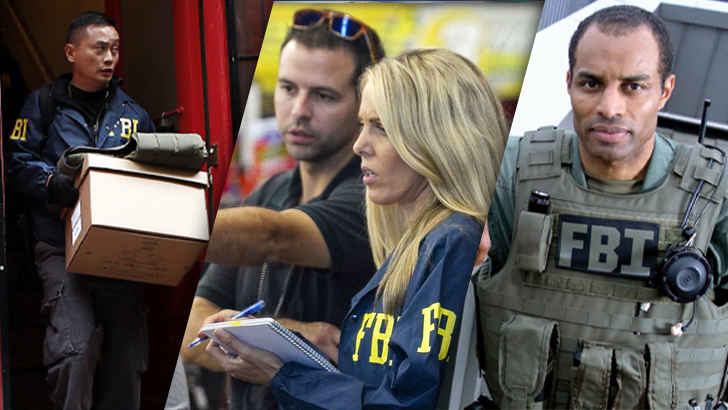
FBI Agents are regular people, but they also have to follow a very strict and specific set of protocols, many of which are honestly so tailored to their specific job, you’d never think they were this precise. These are the absolute most intense rules the FBI abides by every day.
You Must Be Between the Age of 23-36
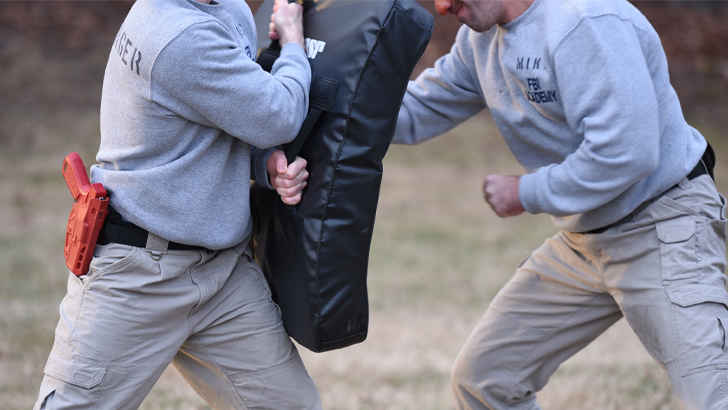
This may not come as a surprise, but the FBI requires their agents to be in their prime physical and mental shape, meaning they are required to be young and spry enough to handle even the most demanding cases. You can continue until you’re 57, when you’re then forced to retire.
Intense Investigation Training

The actual investigative talents required of FBI agents is in many ways more rigorous than the physical side, since most come from some sort of law enforcement background. They must study ethics, behavioral science, on top of learning report writing and interrogation techniques. This means actual education and skilled training is required of every agent.
Driving School By Nascar

Since FBI agents are often literally spying on people, they’re typically required to tail suspects by car and can get into some precarious chase situations. That’s why they enlisted NASCAR great Jeff Gordon and current driver Chase Elliot to teach the the ropes of fast and truly on-edge driving that they may need to use in the heat of the moment.
Firearms Training Quarterly
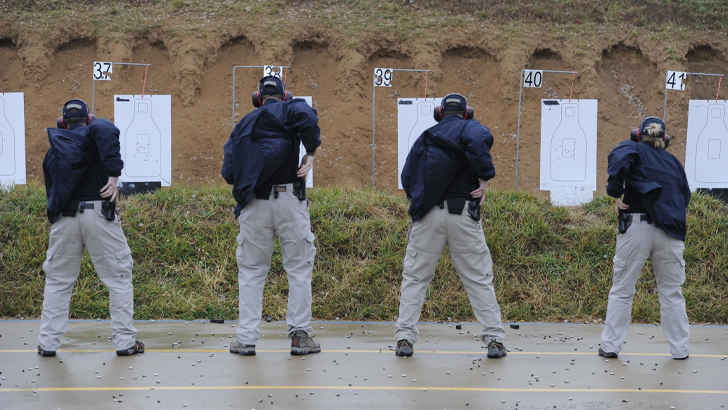
All FBI personnel are required to pay a visit to an official training facility to undergo a refresher on their tactics, and they must work their way up from using a fake gun, to one they can only reload, before reaching the operational pistol. Upon graduating, agents will have fired 4,400 rounds from a Glock 19M, 620 rounds from a Colt M4 and 127 rounds from a Remington 870.
All Forensics Go Through One Lab

With a national operation as big as the FBI, you’d think they would have more than one forensic lab, but it’s all part of remaining confidential. In a single year, they’ll process over 100,000 pieces of evidence from around 10,000 cases. Nothing goes in or out without being logged meticulously.
No Tech in Working Areas
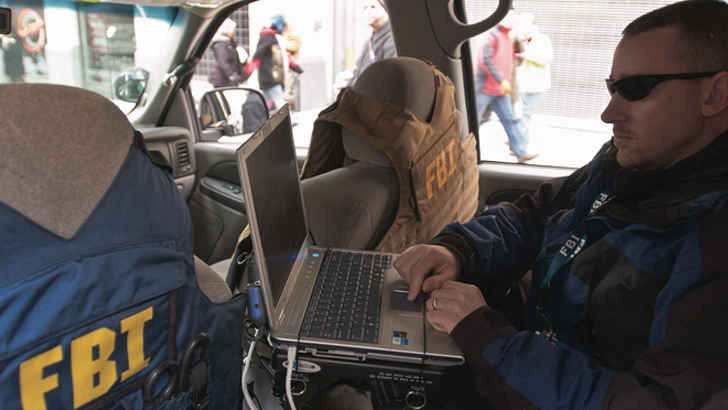
Technology is explicitly banned on the site of any ongoing investigation or secured FBI work facility, including evidence warehouses and safehouses. Secured areas aim to prevent anyone from transferring classified info of any kind and aim to keep even the premises confidential. They work from mobile workstations instead.
Wiretap Headache
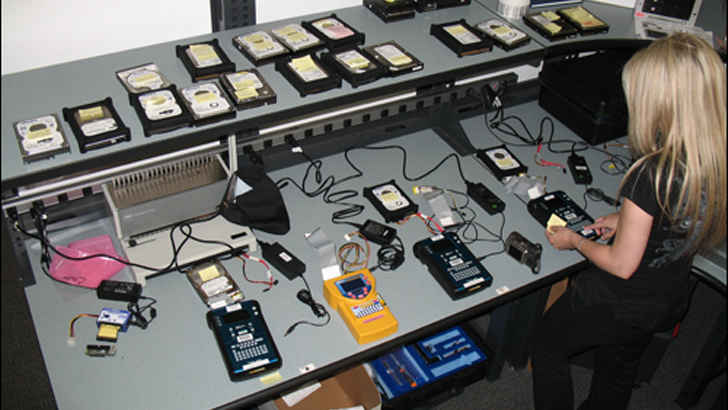
Although you think FBI agents can listen in on your phone calls whenever they want, the wiretapping process is actually very tedious, as it often takes over a month for a judge to approve one, so they’re mainly used as a last resort. This is to save time on extensive paperwork.
Wall of Honor
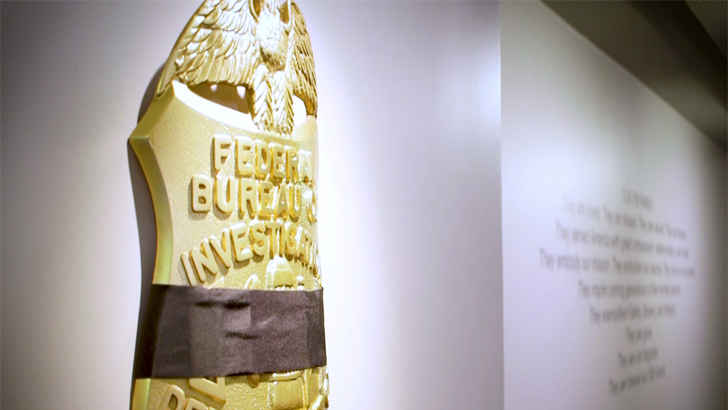
If an agent is killed in the line of duty in law enforcement or as a direct result of an FBI confrontation, they’re memorialized in the FBI’s Wall of Honor at the Tampa Field Office in Florida. Here it shows that they made the ultimate sacrifice on behalf of their country.
Secure Planning
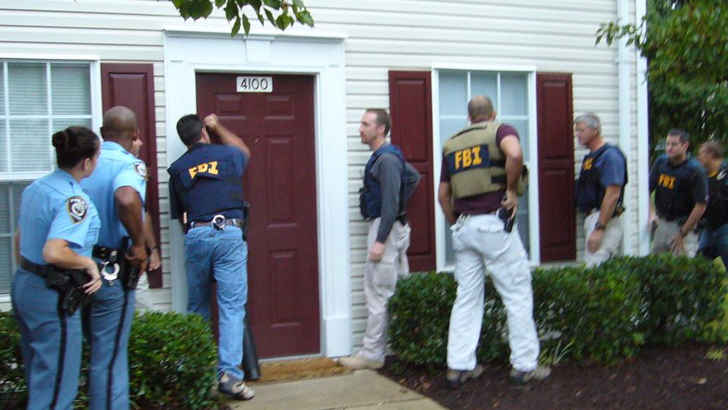
Everything from prepping for a criminal situation to negotiating hostage negotiations is always run from a fully vetted, stable, and discrete location near to their target’s hideaway or place of residence. This is so they can “hide in plain site” and have quick access if things move fast.
Open Investigations

The public perception of FBI agents is that they’re all incredibly secretive about their business, but truth is, they’re free to talk about almost any investigation they’ve been a part of, so long as the case has been sealed. Open cases they are still working on are an absolute no-no, however.
Can’t Boss Cops

Though television typically plays out the scenario of the FBI showing up with them kicking out the cops so they can do the real work, in reality it’s not like that at all, and they are required to share duties and split certain responsibilities. In many ways, the FBI doesn’t oversee law enforcement at all, but takes care of the most unique aspects to the case.
Tame Interrogations

FBI agents are explicitly instructed that a rapport is much more valuable than any kind of forceful intimidation tactics, misdirection, or outright threats. Rather than coming off hostile, it’s best practice to divulge as much information as possible, hoping to catch someone in a lie.
Admitted Monitoring
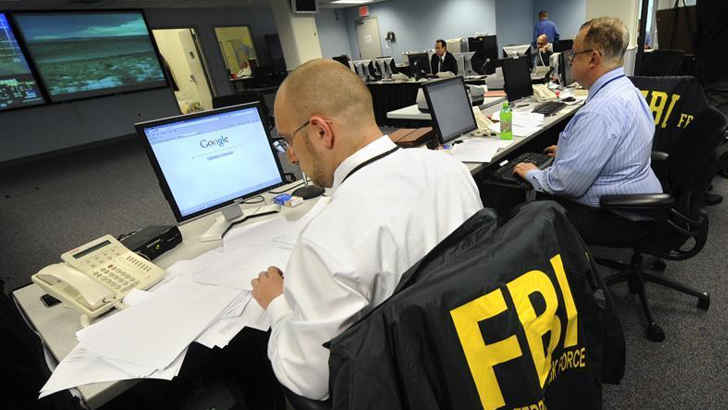
One thing the FBI won’t deny is that they’re watching you. That’s because they have to disclose this information, and admit that they peer over social media daily, monitoring individuals’ behaviors and keeping tabs on those who might be posing a risk or committing a crime. They can also tail you, or even tap your phones if necessary. But you won’t know until it’s too late.
Fitness Test

As you’d assume, FBI agents are required to be pretty fit, and must pass a physical evaluation before ever getting hired, in addition to having to repeat it on an annual basis. This includes max numbers of sit-ups, a timed 300-meter sprint, maximum continuous push-ups, and a timed 1.5 mile run, all back-to-back without more than 5 minutes of rest in between.
Audiology Test

A more niche health requirement we may not think of that’s very critical to an FBI agent’s success in the field and when reviewing evidence is their hearing. Whether it’s conducting an interview or being able to listen closely to harsh audio on recording, agents are expected to be very surgical when interpreting tone, listening for background noise, and many other scenarios.
Media Disruption
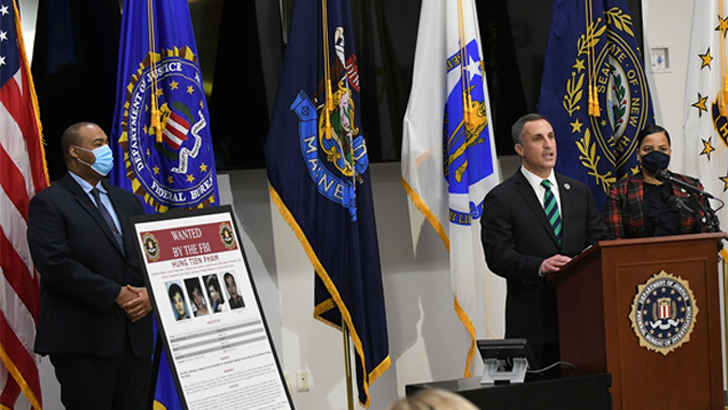
On occasion, the FBI will use media reporting to redirect fanaticism over certain cases to help pivot an investigation in their favor, or use it to circulate a suspect’s name and activities in a way that can gain public attention and make them aware of a present threat. This is largely saved for significant crimes such as terrorism or political scandals, where they’re hoping people they can’t access yet will come on TV and reveal some sort of lead, all while keeping society aware.
Infiltration Loopholes

FBI informants are actually a real thing, and they are easy to get through their own bureau’s loopholes in one scenario – when it’s religious, political, or academic, and it’s also considered “illegitimate”. This allows agents to bend rules, and if their supervisor doesn’t monitor abuses closely enough, they’re basically approved to infiltrate spaces they’re not supposed to.
Spy Planes Look Into Homes

A thought you probably never have is, “Can the FBI spy into my home from a plane?” But the scary answer is actually, yes. This is often for perimeter surveillance, but with increasingly good cameras featuring infrared light among other sensory capabilities, they can actually monitor what’s going on inside, though they’re not supposed to without warrant, per the 4th amendment.
Informant Payments

Special Agents pay their informants up to $100,000 each fiscal year, however it can go upwards of $500k if the bureau signs off. Two types of payments are available to informants – expense reimbursements and payments for services. And while services would seem more common, reimbursements are actually a safety net to make sure things don’t look like a bribe. So in another form of loophole, informants can actually make tons of money, saying it was expenses.
Vague Tip Is All They Need
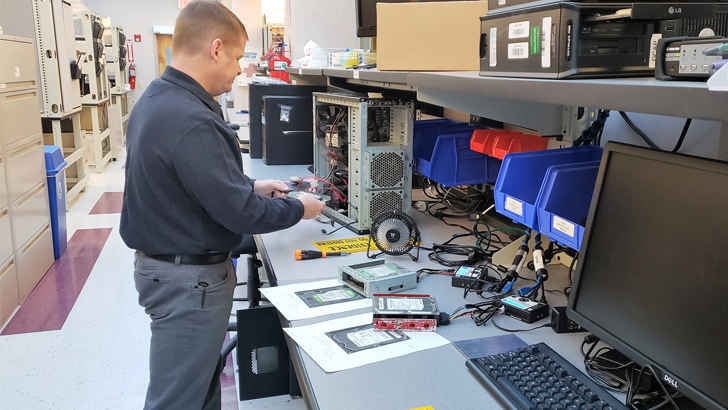
One of the scariest parts of the FBI is how little they need on you to surveil you, and that’s all thanks to the someone who reports you for, well, anything. This oversight is called “assessments,” and these allow agents to investigate any wrongdoing on an articulable factual basis, which just means that they’re taking a proactive look into a credible allegation.
Deadly Force

The FBI is only permitted to use deadly force to take out a suspect if there is reasonable belief that he or she is an imminent threat to those around them. Verbal warning, then additional de-escalation measures are required before engaging in something that could kill. Otherwise, they can be prosecuted.
Missing Children
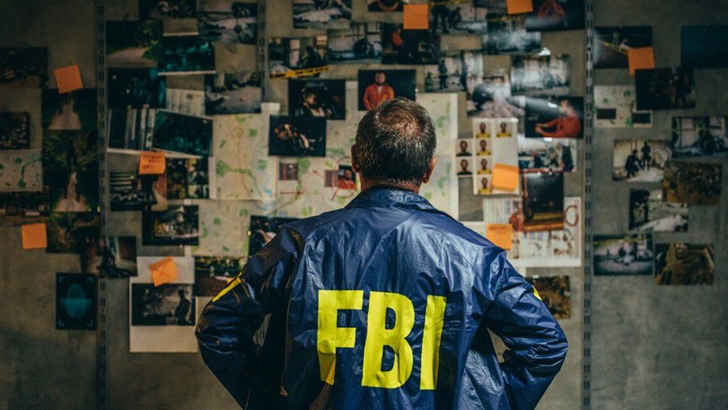
Even if a child’s kidnapping isn’t verified yet, the FBI will initiate a missing child investigation under the premise that the kid is “of tender years”, which tends to mean under the age of 12. The FBI will monitor the situation from afar before pursuing, unless interstate travel occurs.
International Fingerprints

One thing you must know about the FBI is that they have your fingerprints already. These are usually taken when people are issued licenses and passports, and that will come in use no matter where one may be hiding or traveling. Local, state, and federal, as well as international police and FBI can all seamlessly track and compare prints, basically pinning people anywhere.
National Name Check
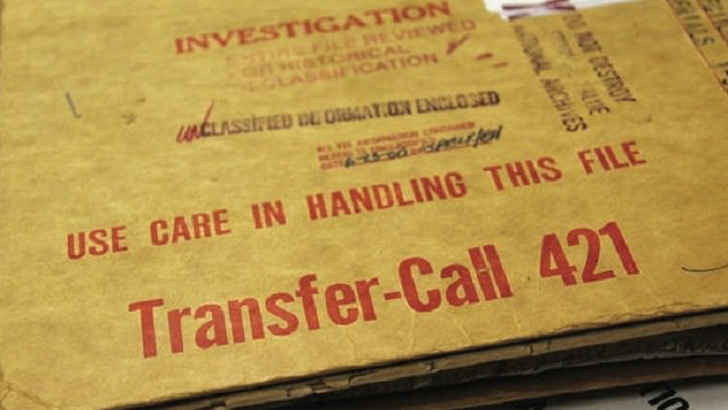
Only approved authorities and the executive and judicial entities permitted to information gathering for a just cause such as congress can access central records, barring agents or other overreaching parties to not use their influence to probe investigations without valid merit. This protects individuals through the National Name Check Program, which prevents all the FBI knowledge on an individual to be divulged.
Critical Response Group

The FBI’s Critical Incident Response Group is like their own mini-special forces unit, specializing in showing up in the more dire and hectic situations, such as active shooters and hostage crises. These groups also spend ample time training police and other units around the country to prepare them for future incidents, which become more complex and sophisticated over time.
International Academy
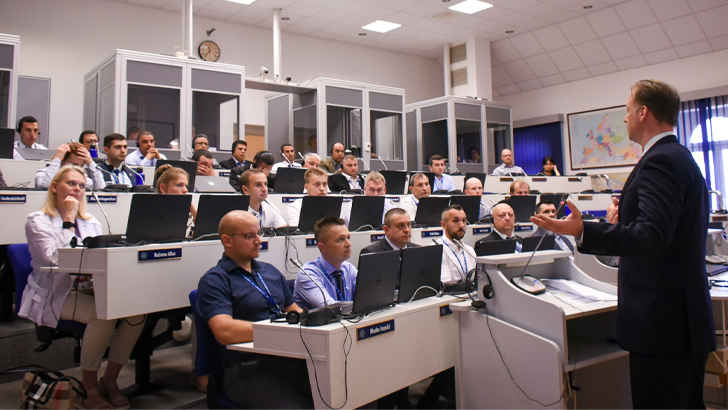
An international Law Enforcement Academy is headed up by the U.S. government, Hungary, and other partners in Budapest in order to teach and train cutting-edge techniques which can be applied in hostile and immediate situations around the world. They also provide exclusive education.
Nationwide Assistance
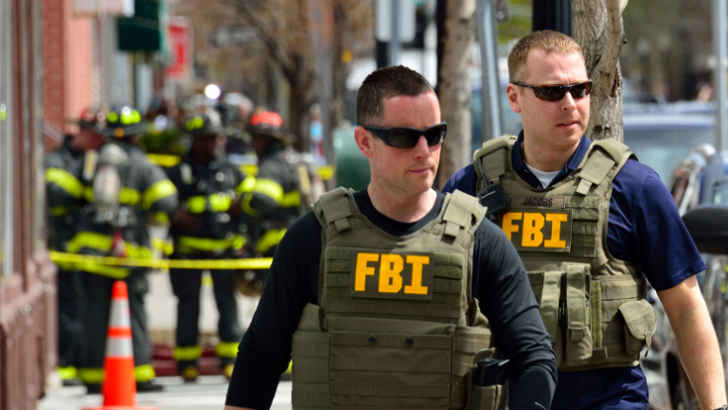
Anytime a federal, state, or local law enforcement agency needs help investigating something or needs any sort of evidence examination, the FBI is going to help free of charge, often devoting particular agents to each relative case. This is also applicable in certain international scenarios.
Head of Terrorism
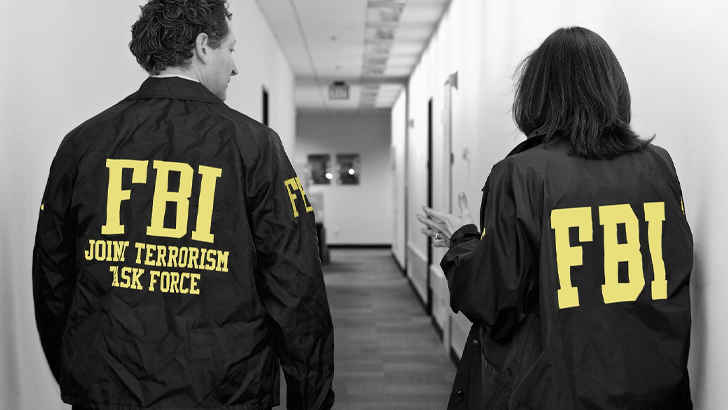
As far as terrorism is concerned, the FBI is the nation’s leader in everything from investigating domestic and international threats, to following weapons of mass destruction, money laundering, or even attacks on U.S. officials. Their number one priority is national security, as it should be.
Hate Groups
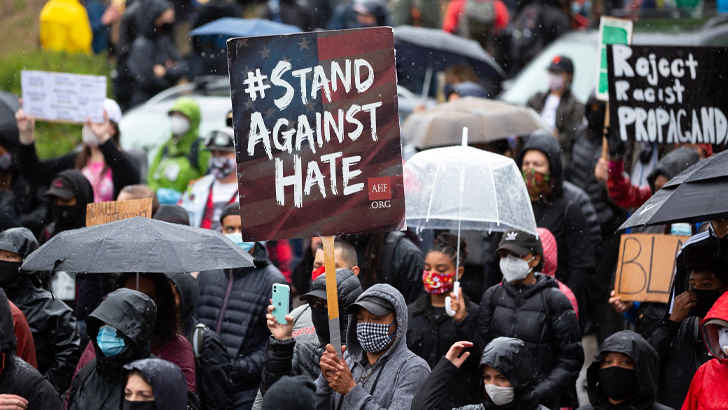
The FBI tends to only be able to look into supposed “hate groups” when threats or advocacy for violence is initiated in a public forum, making them liable for instigating any unrest. However, it’s within the Attorney General’s command to be able to conduct if the danger becomes apparent. If the act or ability to perform it points to illegal activity, that’s when arrests begin to be made.
All Crimes Are Tracked
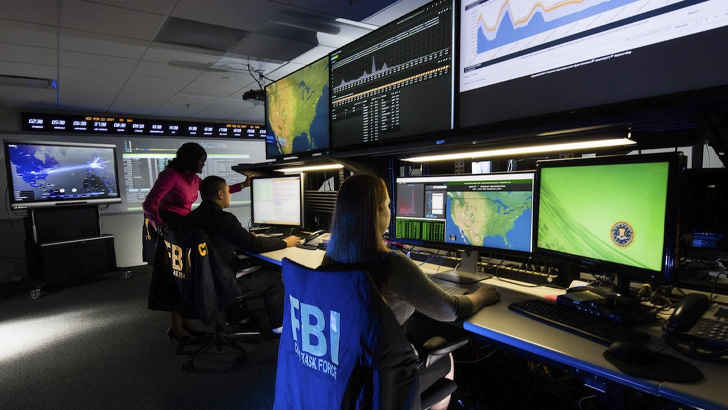
Thanks to their Uniform Crime Reporting Program, the FBI has tracked all serious crimes, including murder, forcible rape, robbery, aggravatd assault, burglary, larceny-theft, motor vehicle theft, and arson since 1929. They also track hate crimes, so that all necessary statistics are available to the public.
Director Term Limits

After original de-facto director J. Edgar Hoover headed the agency for 48 years, or 62% of his entire life, congress elected to have the position limited to a 10-year run from there on out. That way, the powerful agency is limited to one director a decade, allowing the to have a cap on their influence.
Most Wanted List
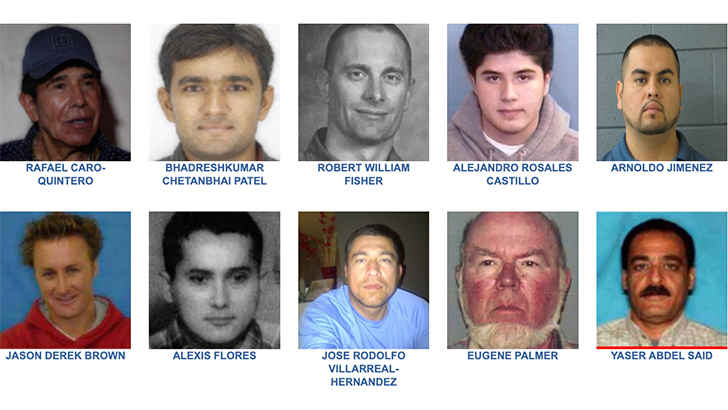
The only way you are going to be removed from the FBI’s Top 10 Most Wanted list is if you die, are captured, or charges against you are dropped. The list originated in 1950 after a reporter asked for the agency’s list of “toughest guys” they were looking for. After the resulting names became popular publicly, they’ve continued, and have since caught 488 of 521 ever on the list.
They Have an Art Unit

That’s right, the FBI employs professionals whose specific job is to work on cases of stolen art, working to identify fakes and scope the black market for circulating items that have gone missing. Since 2004, they’ve recovered over 2,600 items worth more than $150 million, including pieces from Picasso and Rembrandt.
You Have to Learn A Secret Language

Unsurprisingly, the FBI, like many other special unit fields, has a universal lingo that they’re able to use to communicate quickly and effectively with, all while keeping it in code. These are typically spoken over radios while in the field, with trainees having to learn them all and prove so on tests so they’re able to operate efficiently in the moment.
They Have to Let You Read Files
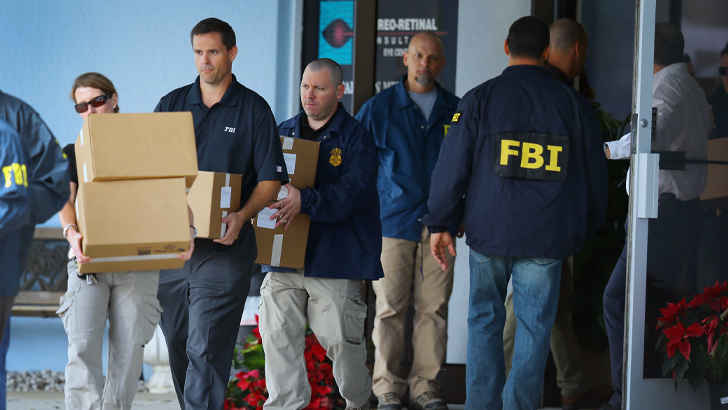
The FBI has to give you their own file if you send them a letter or email requesting it, and if you’d like to have one of someone else who’s still alive, you’ll need their signature. However, the FBI also must release files on others who are deceased, so you’re wanting to access files on people like Marilyn Monroe and Steve Jobs, you can do that, too.
Drug Policy

If you’re hoping to join the FBI, you must know that you cannot have consumed marijuana in any way in the last three years, or any other illegal drug in the last 10 years. However, you can wait out this period and apply afterwards, and they won’t hold this former usage against you, allegedly.
Not Above Law
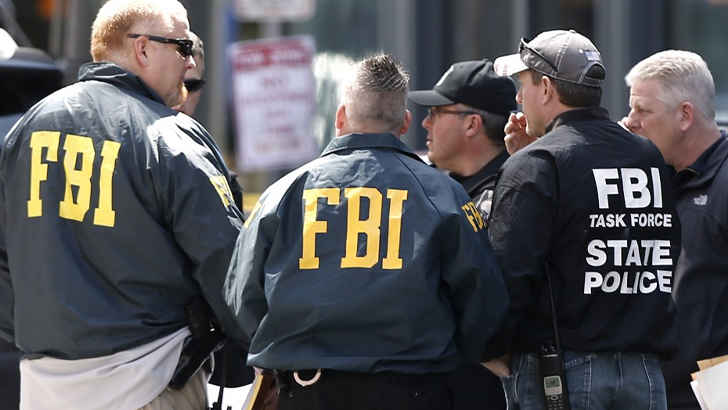
Despite the overwhelming authority people think to seem they have, FBI agents are not above the law, and are sometimes investigated by their own bureau to make sure they’re not breaking policy or using resources for their own gain. This includes the reckless use of confidential information, or using federal money for unacceptable activities.
They Might Have Your DNA

Whether or not you may know it, the FBI could have your DNA, especially if you’ve ever taken part in any ancestry tests that have become popular over the last decade. Since these companies aren’t protected by HIPAA, they aren’t required to ask for your consent before accessing it for their own investigations.
No 9-5
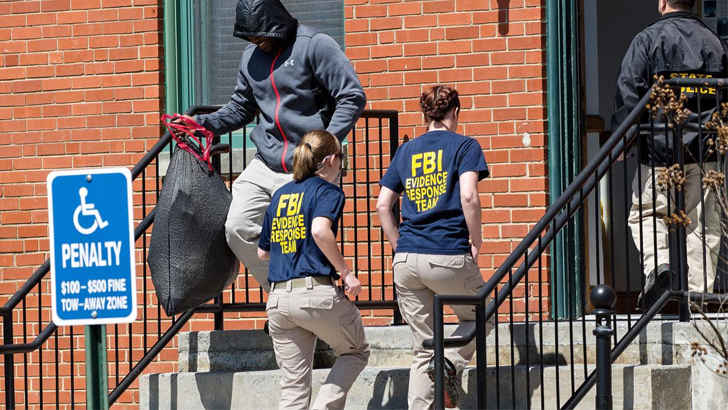
Regardless of what you’re doing for the FBI, almost one thing is certain – you’re going to be working a lot of hours. Oftentimes more than 50. And that’s something you have to be okay with, because no day is the same, and every investigation is very different. Typically you’ll be on call, and times will always vary depending on the length and depth of a case.
Satellite Rules
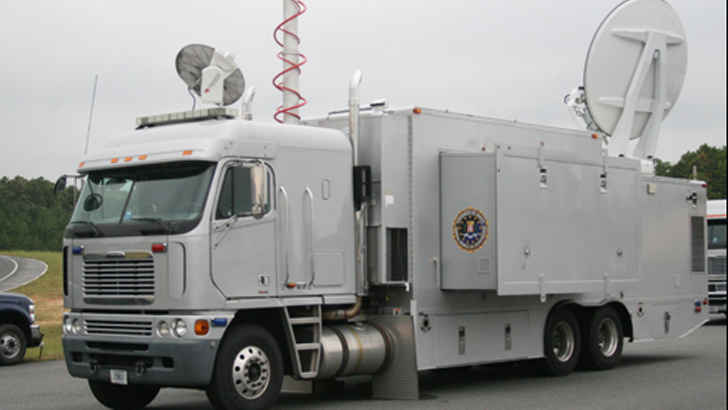
Despite having impeccable access to the finest technology thanks to government resources and increasingly advancing techniques of criminalization, satellites are a valuable tool for the FBI in a variety of ways. However, they aren’t allowed to use these capabilities to spy internationally without a certain type of warrant, similar to how they would behave in a normal surveillance.








































































